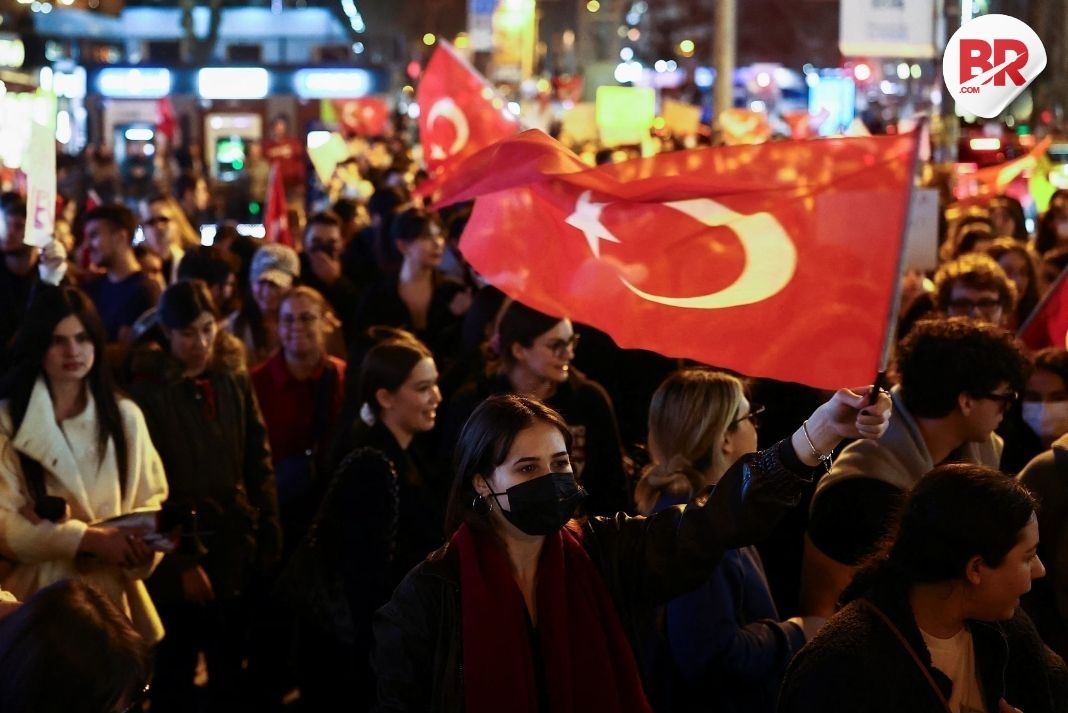
On November 27, 2020, Mohsen Fakhrizadeh, Iran’s top nuclear scientist, left his home near the Caspian Sea. He was headed to his countryside villa in Absard with his wife. What he didn’t know—he was being watched. Hunted.
By the end of that day, Fakhrizadeh would be dead—shot by a remote-controlled, AI-powered machine gun, reportedly operated by Israel’s Mossad from over 1,000 miles away.

This wasn’t just an assassination. It was a tech-driven surgical strike that stunned the world.
The Man Behind Iran’s Nuclear Program
Mohsen Fakhrizadeh wasn’t just another scientist. He was the architect behind Project Amad, Iran’s secret program to build nuclear weapons in the early 2000s. Western spies knew his name. But most of the world didn’t—until 2018.
That year, Israeli PM Benjamin Netanyahu went on live TV and showed off stolen Iranian nuclear files. In bold letters, one name was highlighted.
“Remember that name,” he said. The name was Mohsen Fakhrizadeh.
How It All Went Down
According to The New York Times report, Fakhrizadeh’s convoy slowed near a speed bump outside Absard. A construction truck was parked nearby—no one paid it much attention.
Inside that truck was a Belgian FN MAG machine gun. Rigged with explosives. Linked to satellites. Guided by facial recognition AI. As soon as a stray dog crossed the road—likely a signal—the gun opened fire.
Fifteen bullets. Under a minute. Only one man hit: Fakhrizadeh.
His wife, seated beside him, was untouched.
After the hit, the truck blew up. But Iran’s security forces still recovered key parts of the weapon. That’s how the world learned this was no ordinary hit job. This was remote warfare, no boots on the ground.
Mossad’s Signature
Israel has never officially claimed credit. But everything—from the planning to the precision—screams Mossad.
Yossi Cohen, Mossad’s ex-chief, later said Fakhrizadeh was a “legitimate target.” No further comment.
Iranian officials admitted the weapon used AI and satellite tech to deliver the kill. No human error. Just cold calculation.
The Fallout
The killing of Mohsen Fakhrizadeh hit Iran hard. It embarrassed their security services and derailed nuclear diplomacy. Iran doubled down on uranium enrichment. Internal crackdowns intensified. The message was clear: Israel could hit anywhere, anytime.
And the war over Iran’s nuclear program was far from over.
In June 2025, another strike—this time on Fereidoun Abbasi, another nuclear insider—brought it all rushing back.
The ghost of Fakhrizadeh still haunts the Middle East.
Also Read Israel Kills Iran’s Top Military Commander in Tehran, Second Attack in Less Than a Week












